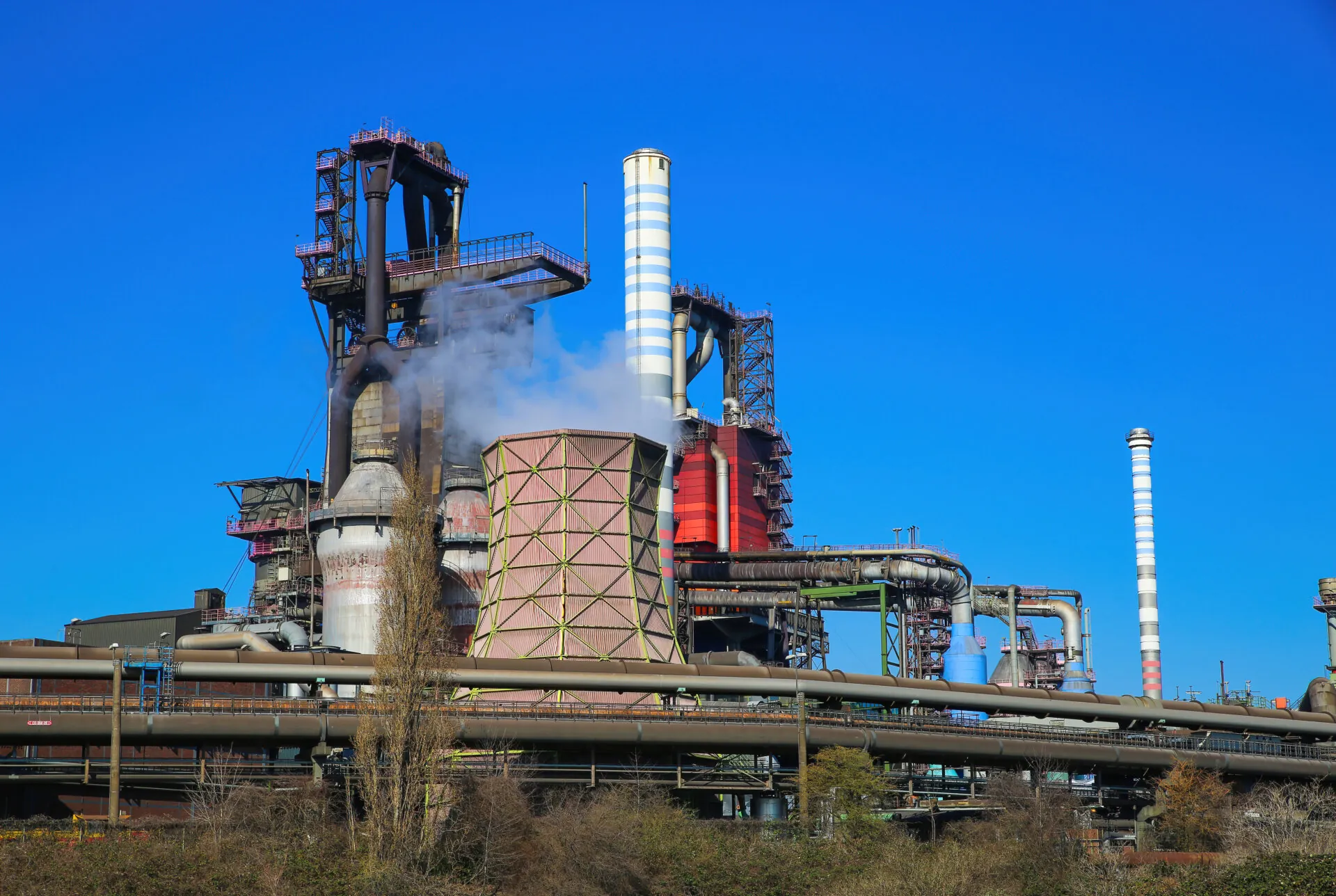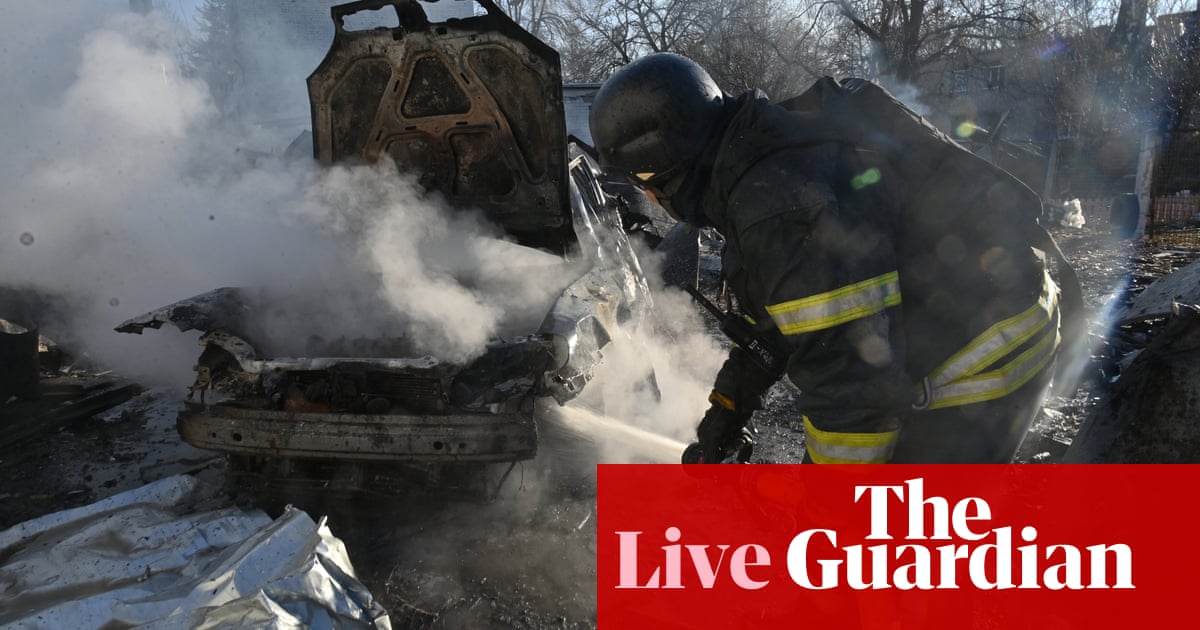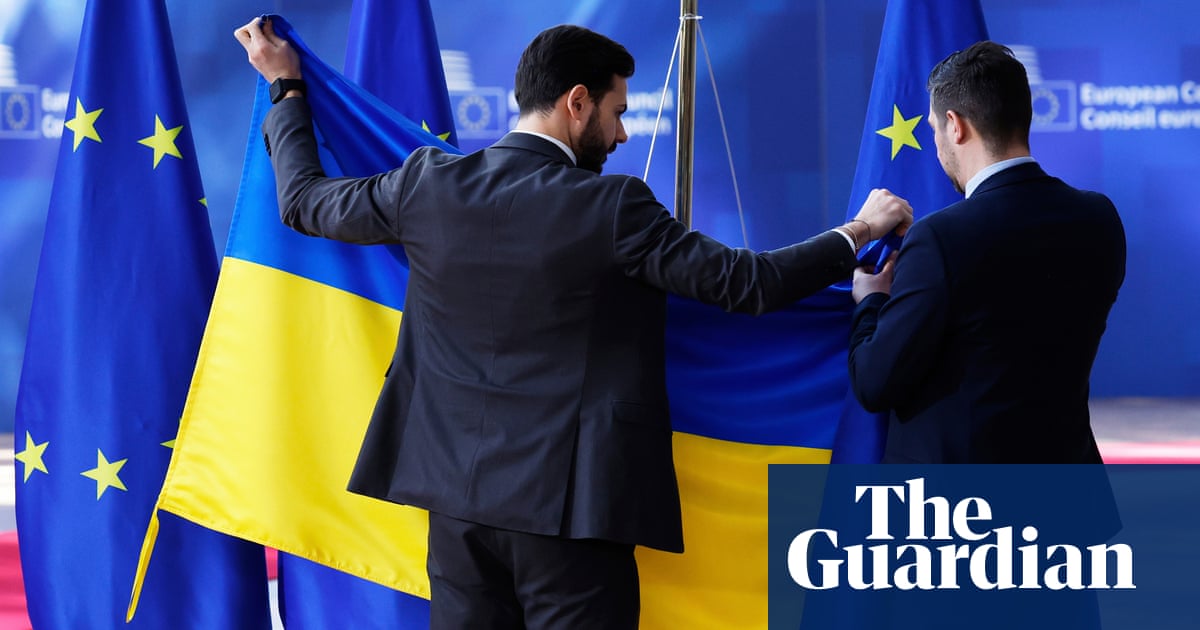Europe’s energy-intensive industry is on a knife-edge: choices for the Clean Industrial Deal

The European Commission will unveil its flagship initiative, the Clean Industrial Deal, on February 26. While the content has been closely held, it is expected to introduce a package that will speak to the challenges and opportunities of both emerging clean-tech sectors and traditional energy-intensive industries. The Clean Industrial Deal must provide a clear vision: balancing short-term relief with long-term delivery, ensuring regulatory clarity, and leveraging Europe’s strengths. A well-designed strategy will secure the future of energy-intensive industries in Europe.
Energy-intensive industry at a critical juncture in Europe
Energy-intensive industries account for 21% of EU emissions. Two shifts have seen these sectors jump up the political agenda. First, the last few years have seen strong momentum indicating that industrial decarbonisation is not only possible but can move faster than previously thought. Moreover, the EU has a competitive edge in this space. Europe is a front runner in developing green industrial projects globally and is home to much of the technological and engineering know-how to build them. The pace of renewable energy deployment puts the EU in a good position to capitalise on the shift to electrification of manufacturing processes.
Second, EU industries are facing their most challenging period since the 2008-09 financial crisis. The Russian invasion of Ukraine and the subsequent energy price crisis has increased production costs relative to international competitors. Industry is also dealing with an increasingly challenging trade context. They have called for action in the face of rising Chinese exports and are facing renewed US tariffs imposed by the new administration.
These developments are coming at a moment when the EU is facing a large-scale shift in production capacity. The continent has an aging industrial fleet and a big wave of capacity reinvestments is expected by 2030. Plant owners need to decide whether to reinvest in existing assets, potentially locking in decades of carbon-intensive production, invest in more expensive clean technologies, or see European sites shut down. Moreover, recent announcements from ArcelorMittal and Thyssenkrupp have raised doubts around key green steel projects despite large amounts of public funding promised.
Taking all these factors together: the imperative to decarbonise, reduced competitiveness, a challenging trade outlook, a looming reinvestment window, and a stalling green project pipeline, the future of energy-intensive manufacturing in Europe stands on a knife-edge.
Key political choices for the Clean Industrial Deal
The Clean Industrial Deal needs to send a clear signal about the long-term future of these sectors in Europe. While opportunities exist to fill gaps in the policy framework to support and scale investments in clean manufacturing, tough political choices lie ahead on how to manage the structural transformation of these sectors.
Short vs. Long Term?
Industries are calling for immediate crisis relief on energy prices and more assertive trade policies. At the same time, the Clean Industrial Deal needs to define the EU’s long-term growth model and deliver climate goals. Reconciling these competing demands will be a challenging but crucial test for the success of the package.
Energy price support will need to be temporary and designed to facilitate a structural shift to electrification. Calls to simplify or delay the EU’s Carbon Border Adjustment Mechanism must be met without undermining the long-term signal this policy sends via the timeline for phasing out free allowances under the ETS. Notably, key industry associations, Cembureau and Eurofer retaining the current timeline to protect investments already underway in greener production facilities.
Deregulation vs. Regulatory Support?
Simplification has been driving policy discussions in Brussels over the last few months, with pressures to ease, slow and scale down existing policy frameworks. However, if the Clean Industrial Deal is going to be effective in accelerating industrial transition, it will require introducing new regulation. The Commission has already signalled a focus on building lead markets for green industrial products. This will hinge on stronger regulation across product requirements, emissions measurement and procurement rules, which will need to be simple and performance-based to pass the test. Private sector voices
Embracing vs. resisting the new economic geography of clean production?
The shift to cleaner production processes has the potential to radically reshape industrial supply chains, with new production hubs emerging in locations with abundant renewable energy and critical raw materials. leverage the resources Europe has, such as cheap renewables and minerals in the South and North, in reshaping green supply chains, while ensuring a Just Transition for workers and communities in current industrial sites. A strong external dimension to the Clean Industrial Deal should seek to secure access to cheaper green industrial commodities to the benefit of Europe’s downstream sectors and international partners seeking growth opportunities in emerging green markets.
National vs. joint industrial policy?
The current fragmented, national approach to industrial policy, which focuses mainly on more flexibility for state aid has widened divisions among member states. While more joint-up action is needed, the Clean Industrial Deal needs to make clear that this is not an either-or question. National planning for industrial decarbonisation needs to be strengthened to anticipate infrastructure, energy, resource and market creation needs. At the same time, the new Multiannual Financial Framework (MFF) and revision of the State Aid Framework should facilitate more EU-level funding for industrial transformation. Common EU funding should seek to leverage regional strengths and comparative advantages in building competitive European industrial value chains. This could be informed by a new independent EU body that advises on priority investment areas.
Related
Zelenskyy reiterates call for air truce after huge Russian attack…
We need Russia to stop attacks, Zelenskyy says, backing calls for truce in air, at seaUkrainian president Volodymyr Zelenskyy has responded to overnight attacks
Europe scrambles to rearm as Trump threatens security guarantees and…
CNN — European leaders have vowed to rearm the continent at historic emergency talks h
Russia launches ‘massive’ attack on Ukraine after Europe rushes to…
Ukraine's energy and gas infrastructure came "under massive missile and drone shelling" by Russia on Friday, a Ukrainian minister said."The energy and gas infra
American severance may be averted, but Europe’s leaders must fear…
With a mixture of regret, laced with incredulity, European leaders gathered in Brussels to marshal their forces for a power struggle not with Russia, but with t












